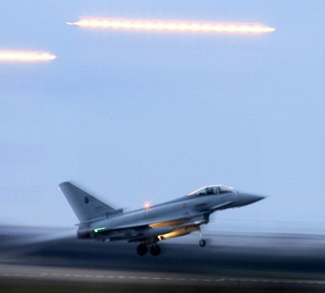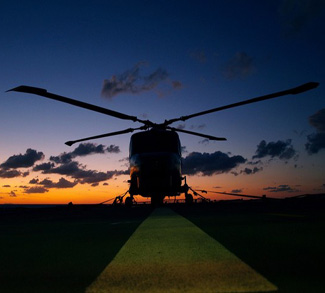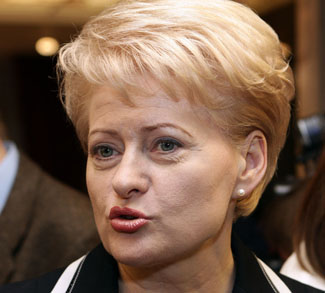As the flames of the full-scale war between Russia and Ukraine intensify, analysts and experts have proposed four main scenarios for how this conflict might end.
The first scenario, referred to as the prolonged war scenario, involves the conflict transitioning into a war of attrition that depletes the resources and forces of both sides. In this case, Ukraine continues its efforts to rebuild while the war persists, yet it faces mounting challenges, including increasing battlefield casualties and a growing wave of emigration.
The second scenario envisions a frozen conflict, where a ceasefire stabilizes frontlines without resolving deeper issues, leaving Ukraine formally committed to reclaiming its pre-1991 borders.
In the third scenario, Ukraine achieves victory through increased Western military support, forcing Russian forces to retreat and allowing Ukraine to pursue reforms that facilitate its integration into the European Union and NATO.
The fourth and most concerning scenario, given current trends, is a Russian victory. This would entail Ukraine accepting Russia’s terms, giving rise to a division of the country and recognition of annexed territories as Russian. While this scenario was considered almost impossible last year, it now appears increasingly likely due to Russia’s mounting successes on the battlefield, diminishing support for Ukraine from Europe and the United States, the rise of far-right movements in Europe, and the return of Donald Trump to the US presidency.
A Russian victory risks some dire consequences. It could trigger a massive refugee crisis, with tens of millions of Ukrainians seeking asylum in Europe, adding to the millions already displaced. Regions in Ukraine currently occupied by Russia have already seen significant population loss. Estimates suggest that between 10 to 15 million additional refugees could flee to Europe, placing immense social and economic pressure on host nations.
Such an outcome would also transform Europe’s political and strategic landscape. The long-discussed idea of reconciling with a “new Russia,” particularly in capitals like Paris and Berlin, would be abandoned. A provisional Ukrainian government in exile would emerge from Warsaw or another European city. European countries, many of which resisted increasing defense budgets even under pressure from the Trump administration, would be forced to invest heavily in military capabilities to counter Russia’s expansionist ambitions.
New conflicts in Europe would also become more likely. Russia’s victory in Ukraine could embolden Moscow to pursue further territorial claims. Russian media and strategists are already openly discussing reviving the empire’s former glory, making such ambitions a cause for serious concern in countries like Finland and Poland. Although rebuilding the Russian empire may seem unrealistic given current challenges, the mere threat of such an agenda creates a climate of heightened tension.
Globally, Russia’s success in Ukraine would signify a shift in power dynamics, marking the decline of Western dominance. Putin’s war is not just about controlling Ukraine; it is also about challenging the global order led by the United States. In this effort, China emerges as a key ally, sharing Russia’s interest in undermining Western influence to enhance its own position on the global stage.
The warning from former Japanese Prime Minister Fumio Kishida that “Ukraine today could be East Asia tomorrow” underscores the global implications of a Russian victory. Much like the falls of Saigon and Kabul, such an outcome would be interpreted as a sign of the United States’ declining power, and the appetite for adventurism among various actors would undoubtedly increase.
The consequences of a Russian victory would be catastrophic for Ukrainians, devastating for European security, and deeply destabilizing for the rest of the world. For Europe to ensure its own survival, it cannot allow this to happen, even if doing so requires escalating the conflict to new levels of intensity.
The views expressed in this article belong to the author(s) alone and do not necessarily reflect those of Geopoliticalmonitor.com.




